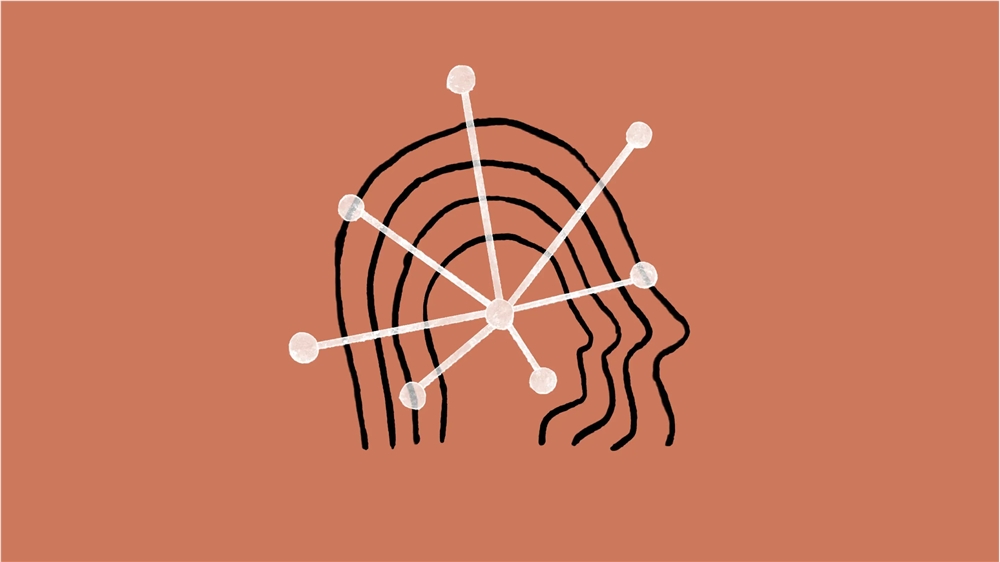Recently, the music copyright dispute involving artificial intelligence company Anthropic and its AI chatbot Claude has made progress. Several music publishers accused Anthropic of using a large number of song lyrics to train their AI systems without authorization, which attracted widespread attention. This incident highlighted the increasingly tense contradiction between the rapid development of artificial intelligence technology and the protection of intellectual property rights, and also triggered public thinking on how to find a balance between technological innovation and copyright protection. This article will analyze in detail the ins and outs of this dispute and the final agreement reached by both parties.
Recently, the copyright dispute between music publishers and AI company Anthropic has finally reached a phased resolution. Under the latest agreement, Anthropic will take steps to ensure that its artificial intelligence chatbot, Claude, does not infringe copyright when providing lyrics. The move provides a short-term solution to the ongoing litigation and shows some compromise on this complex issue.

The dispute stems from a lawsuit filed by several music publishers, who accused Anthropic of using the lyrics of more than 500 songs without authorization as data to train its AI system. The songs include works by pop stars such as Katy Perry, The Rolling Stones and Beyoncé. Music publishers believe that Anthropic's approach is not only infringement, but also invisibly weakens the existing market, because the use of these lyrics will affect legitimate lyrics aggregation websites and other licensed commercial activities.
In the agreement, US District Judge Eumi Lee signed off on terms requiring Anthropic to maintain existing "guardrails" designed to prevent Claude from providing copyrighted lyrics or creating new works based on those lyrics. Anthropic said in a statement that its AI system was not designed to infringe copyright and has implemented a number of measures to prevent this from happening. The company hopes that through this agreement, it can prove that using potentially copyrighted materials for generative AI model training complies with the principle of "fair use" on the basis of complying with existing copyright laws.
Another key point of the agreement is that music publishers can notify Anthropic and ask it to investigate if they discover that guardrails are not working effectively. This shows that both parties maintain communication during the cooperation process to ensure that copyright is not infringed.
Despite the agreement, the court will rule in the coming months on whether to issue a preliminary injunction against Anthropic, which will affect whether it can continue to use the copyrighted lyrics for training in the future.
This incident has triggered public reflection on the balance between AI technology and intellectual property protection. How to find the appropriate boundary between technological innovation and copyright protection is still a topic worthy of attention.
Anthropic’s agreement with music publishers provides an example of how to solve intellectual property issues in the AI field, but its long-term impact remains to be seen. In the future, how to better coordinate AI technology development and intellectual property protection will become an ongoing challenge.